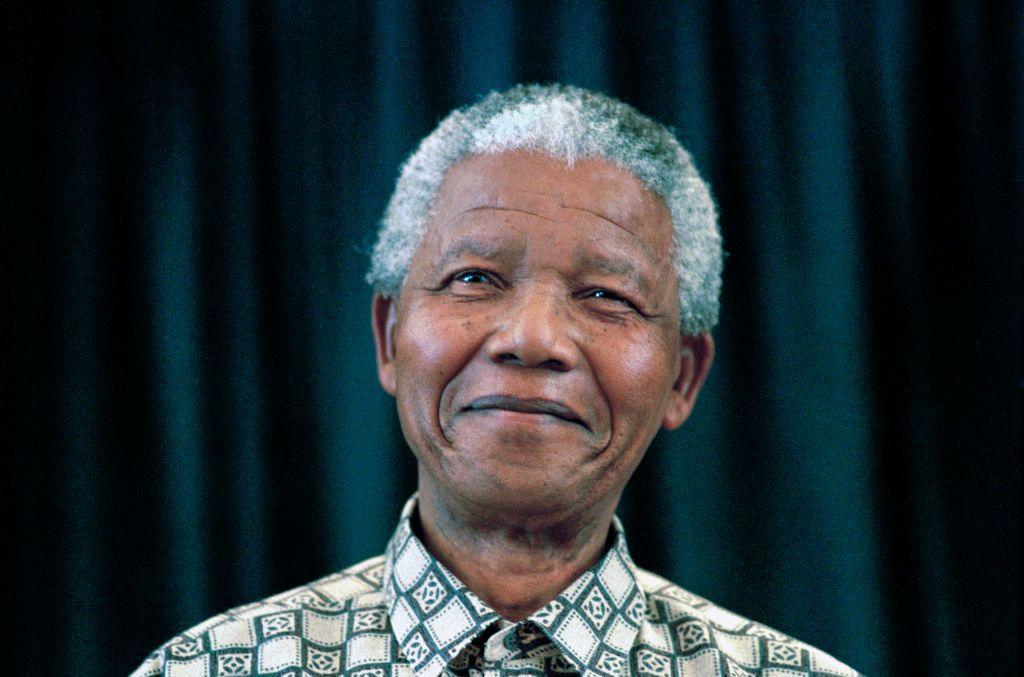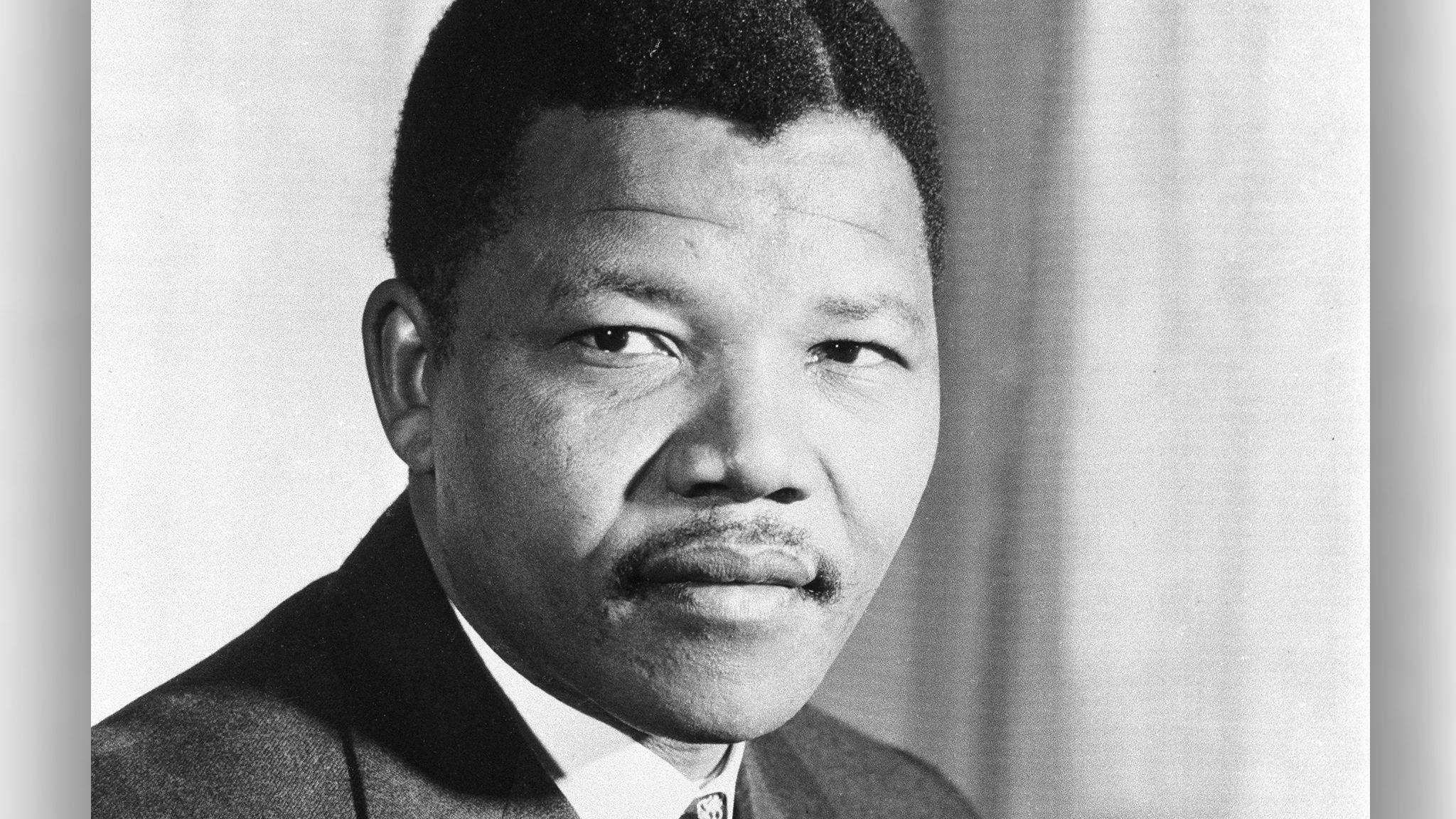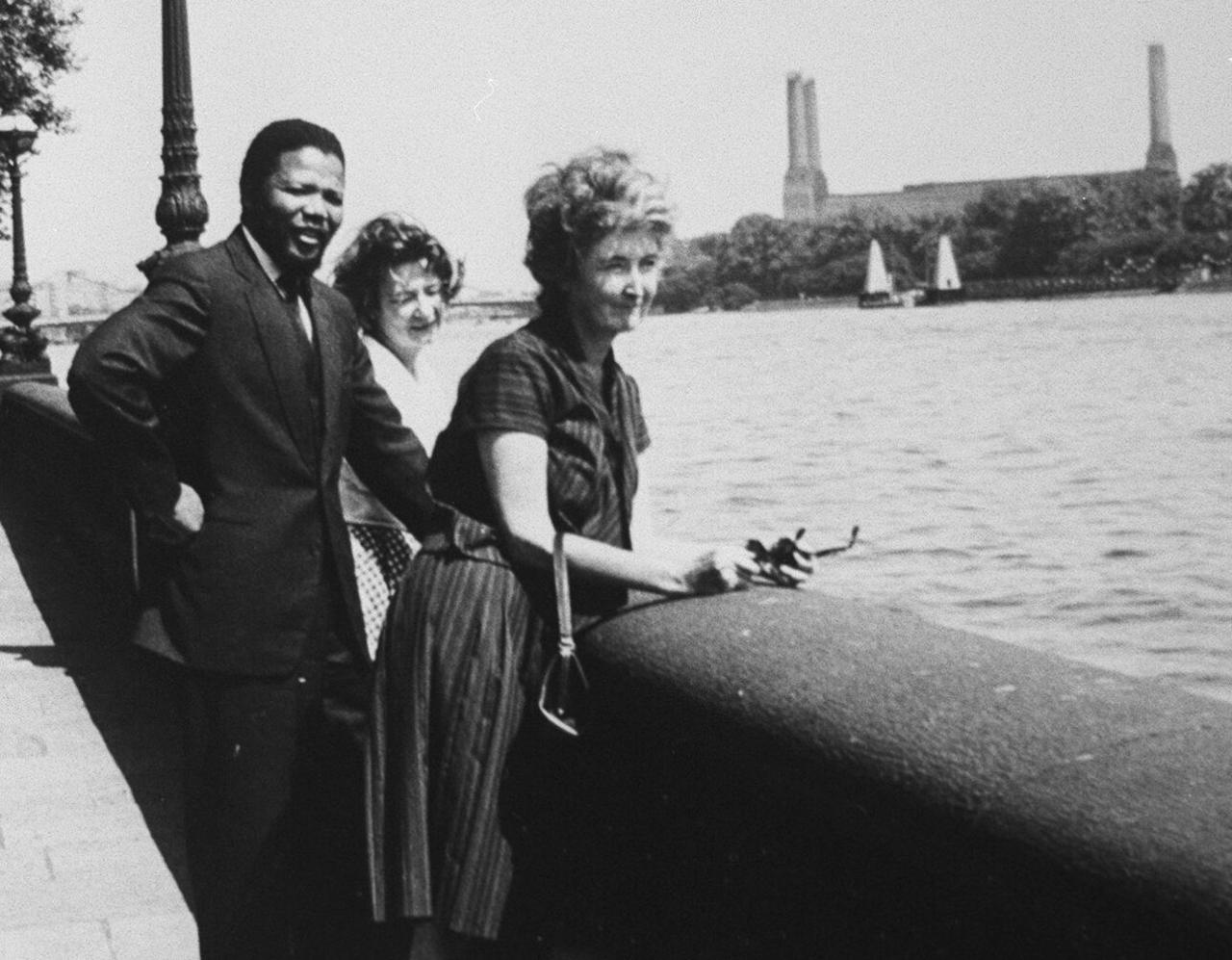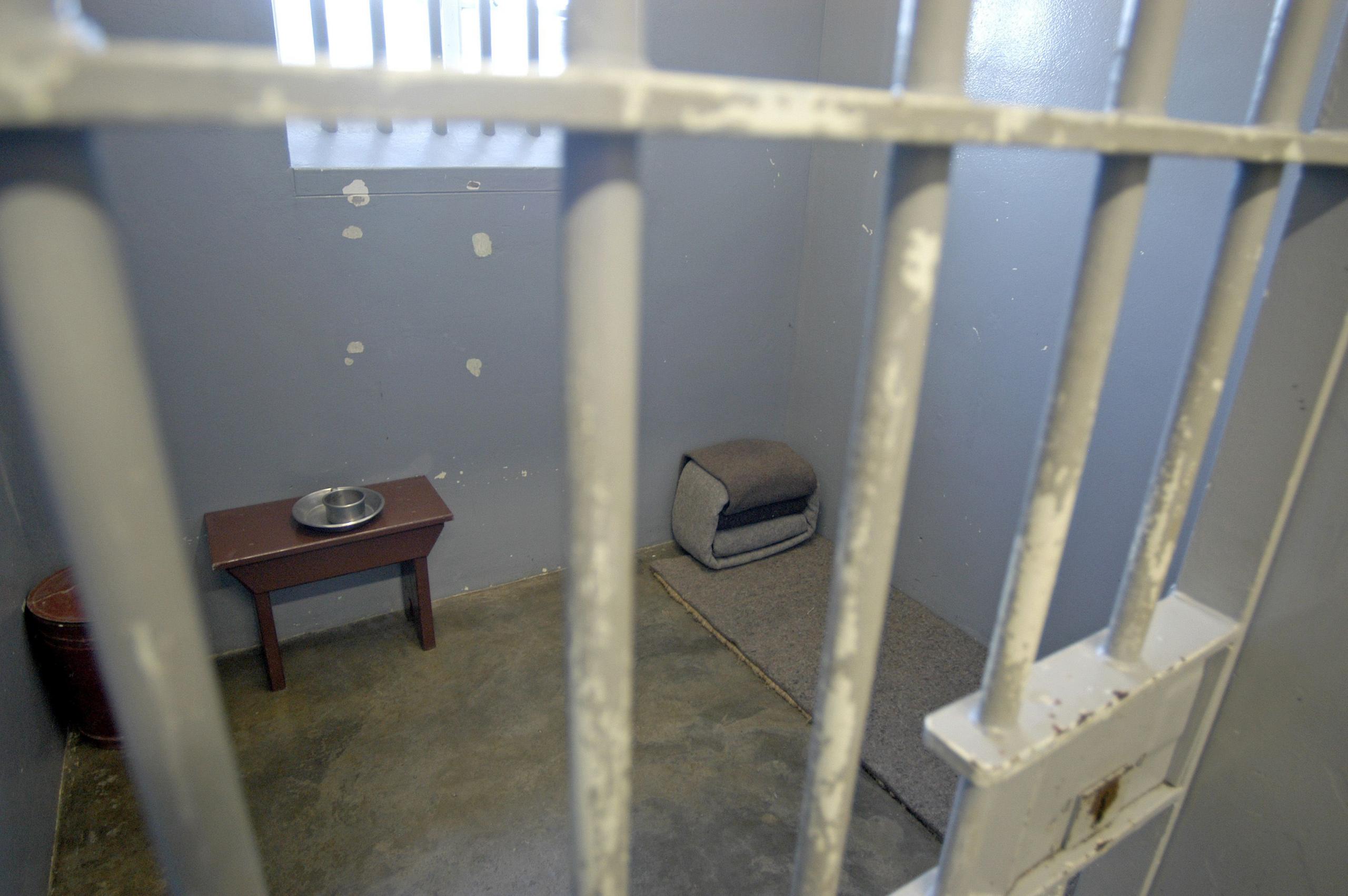Nelson Mandela Day: Why was the South African president so important?

- Published
On 18 July 1918, Rolihlahla Mandela was born in the small village of Mvezo in South Africa.
He was the son of Chief Henry Mandela of the Madiba clan.
But Nelson – as he later came to be known – gave up his Chieftanship, instead choosing to become a lawyer.
He eventually became one of the world's most-famous leaders and campaigners for equal rights for black South African people.
Learn more about Nelson Mandela
- Published6 December 2013
- Published9 May 2024
His protests in the 1950s and 60s against a system called apartheid angered South Africa's ruling government, and led to him becoming a political prisoner.
Mandela spent 27 years of his life in prison, but remained an important and popular figure for anti-apartheid campaigners.
Just a few years after his release from prison, Nelson Mandela become the first black president of South Africa.
When is Nelson Mandela Day?

In 2009, the United Nations declared that Mandela's birthday – 18 July – would be Nelson Mandela Day.
Find out more about President Mandela's life and legacy here.
Who was Nelson Mandela?

Nelson Mandela stands with his friend and civil rights activist Mary Benson on a visit to London in 1962
Nelson Mandela worked to bring about significant changes to the lives of many South Africans.
He became a lawyer and created South Africa's first black-owned law practice before moving into politics.
What was apartheid?
Nina explains the history of apartheid in South Africa (May 2024)
When Nelson Mandela was still a young man, a system called apartheid was created in South Africa. It was designed so that white people and black people would lead separate lives.
White people, who were a small proportion of the population, were in charge of everything.
Black people had fewer rights and couldn't vote.
White people controlled which jobs black people could have, and even where they lived.
They also had access to better schools and hospitals.
Why was Nelson Mandela in prison for 27 years?

Nelson Mandela lived in this prison cell on Robben Island
Nelson Mandela wanted South African apartheid to end and protested against it.
In 1964 Mandela was convicted of treason and trying to damage the government.
He was sentenced to life in prison, during which he spent time on Robben Island.
The island, off the coast of Cape Town in South Africa, was the site of a prison for 300 years.
Most inmates, including Nelson Mandela, were black men imprisoned for political offences.
Despite this, many people around the world supported Nelson Mandela's cause and campaigned for his release.
How did Nelson Mandela become President of South Africa?
BBC reporter Nomsa Maseko remembers the day Nelson Mandela was released from prison (February 2020)
In 1990, after being in prison for 27 years, the South African President FW de Klerk - a white man - allowed Mandela to go free, signalling a new era in the country.
Mandela had become a symbol of resistance against apartheid and his release saw celebrations not only in South Africa but across the world.
Apartheid in South Africa ended a year later in 1991.
Three years after that, South Africa held its first fully-democratic elections in which black people, as well as white, were allowed to vote.
Nelson Mandela was elected president and set about trying to bring people of different races together.
What is Nelson Mandela's legacy?
Children explain what Nelson Mandela means to them (February 2020)
In 1993, he was awarded the Nobel Peace Prize - the highest honour of its kind - for his work.
In 1995, South Africa held its first major sports competition - the Rugby World Cup.
Mandela gave his support to the South African rugby team, made up mostly of white men, so that it would unite the country. The team, known as the Springboks, went on to lift the trophy.
Although for many years he was regarded as a dangerous opponent by the apartheid authorities, today he is held with deep respect by South Africans of all backgrounds.
When he died in 2013, South Africans of different heritages - both white and black - came together to mourn him.
Mandela has gone down in history as one of the most famous world leaders ever and is remembered by many for promoting a message of forgiveness and equality.
